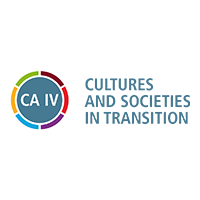Mapping the Unmappable? African hunter-gatherer relations with their environment and cartography
5.-6.12.2019
The workshop explored if and how cartography can be used as a tool to mediate African hunter-gatherer relations with their environment (their being-in-the-world). How can maps integrate relational ontologies or animism in the African context, i.e. the specific ways in which African hunter-gatherers, hunter-pastoralists and hunter-horticulturalists figure their world and their relations to non-human beings? Characteristics of relational ontologies and animism in Africa include, above all, the attribution of personhood or agency to non-humans and the ontological instability that emerges when, for instance, humans can turn into animals and back again. Maps are powerful tools, they are easily accessible and intelligible (for researchers, policy makers, government officials, for a western public, and for the respective communities) and therefore the mapping of hunter-gatherer perceptions of and relations to their environment might contribute to the documentation and preservation of their knowledge and to a wider and broader understanding and acknowledgment of these complex issues, and of the differing perspectives on the world.
The workshop brought together a small group of anthropologists, archaeologists, geographers and cartographers. It was part of the Collaborative Research Centre (CRC 806) “Our way to Europe” (www.sfb806.uni-koeln.de/index.php) and was funded by the CRC 806, the Competence Area IV “Cultures and Societies in Transition” and the Thyssen Foundation.
